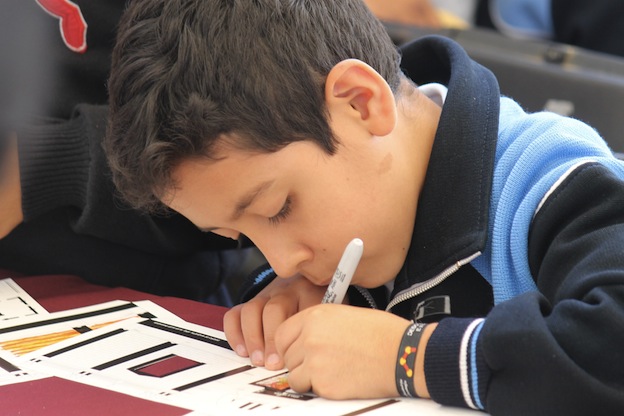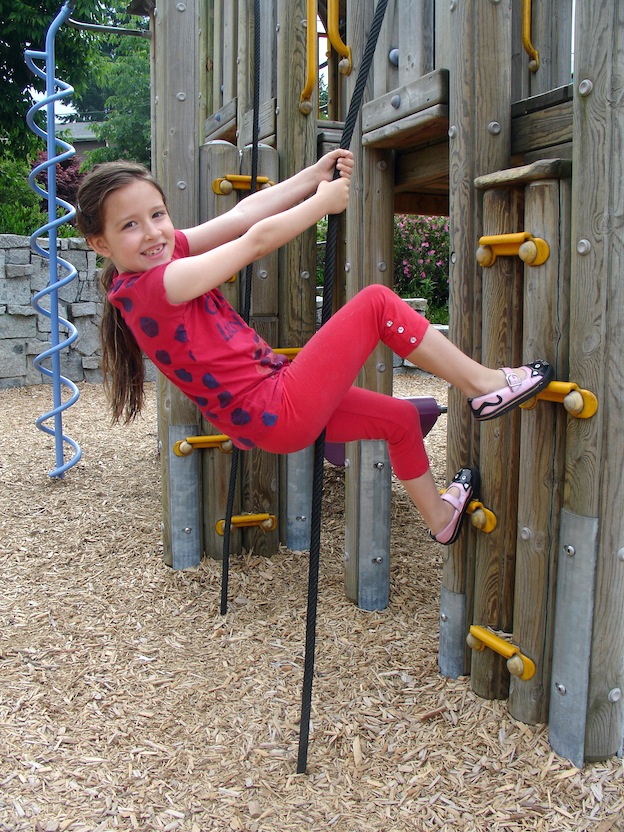SingaporeMotherhood | Parenting
June 2015
Study-Smart Tips: Balancing Studies & Play

Striking the right balance between studies and play-time can be immensely stressful for parents. That’s why we’ve come up with these study-smart tips to help parents as we navigate the ocean of formal schooling in Singapore.
The worries are endless – will my child lag behind the other children in his class? Am I stressing my child out by being too ‘kiasu’? What if he starts to hate studying?
[banner][/banner]
That said, managing your own stress is crucial: When the stress on parents becomes overwhelming, they might project their own anxieties onto their child, making communication and healthy learning experiences even harder to achieve. What we need are study-smart strategies for academic studies. It isn’t about clocking study hours or how many tuition classes you sign your child up for. Rather, bring study-smart means focusing on values and strategies that a child can learn and incorporate into his studying habits.
These five tips will help you crate a more positive and conducive studying environment for your child.
Good Study Habits
1. Develop organisation skills through timetables

Following a timetable can benefit lethargic and poorly motivated children: After understanding the concept of time and responsibility, children will display more drive to accomplish set tasks. This is especially so if they can see that play-time has already been scheduled for them and they have something concrete to look forward to. To fully involve your children, get them to draw and decorate their own timetable.
Their contribution to the timetable will hopefully translate into commitment in timekeeping. Let your child know that this is their personal timetable and they have to take charge of it. This gives them a sense of ownership and responsibility. To follow up on this method, review the timetable with them at the end of each day for the first week and gradually reduce that frequency to allow your child to display independence.
2. Reducing distractions during study-time
Studying environments are closely tied to studying habits. Maintaining a stable and quiet environment for studying will train your child to focus fully on the task at hand. What all this means for a parent is to never let your child do homework while watching TV. Some families have their study areas set up in the living room. If that is the case, all family members should try their best to lower their volumes and minimise interaction with the child. Keep siblings away to prevent squabbling and playing, or better still, make them all do homework in silence together.
Cultivating concentration is very beneficial in the long run. Your child will develop an attention span that will carry him well through leisure reading, lessons and most importantly, exams. If study sessions mimic exam conditions, your child will be better prepared and less stressed when it comes to those. What all this adds up to is also additional play time because more work gets completed in a shorter time when your child concentrates!
3. Reviewing homework

It is quite common for parents to comb through their child’s school bag and start dictating to them the tasks for the day based on what they write in their notebook. Avoid this. It makes your children reliant on you and prevents them from fully engaging with their homework.
Remember, it’s their homework, not yours! Instead, allow your kid to inform you on what they have to do for school. Sit down beside them and listen to them tell you. Again, this helps them develop a sense of responsibility and ownership towards their work. Once they get used to this, you won’t have to do it daily anymore. Watch your child mature, grow and take control of his own learning journey!
Utilise Time Wisely
4. Tuition for weaker subjects only
Instead of overloading your child’s schedule and leaving him no time for play, try to limit tuition classes for weaker subjects that your child cannot cope with. If you are able to make time to help him in his work, that is a win-win situation for the both of you. He will feel more comfortable voicing out his difficulties and save time and energy on travelling to and fro from tuition. Too many external classes can really sap a child’s energy and make him even more resistant to learning so prioritise well!
It’s no secret that tuition centres these days pile on the homework and focus more on giving students a head start in topics rather than helping those who face real difficulties in their work. This will burden your child even more and might even cause an aversion towards learning. Home tutors are more expensive but a better option for children who are really struggling at school: they can receive individualised attention, learn at their own pace and feel comfortable at home. Help your child out in different ways! What may seem popular and suitable for other children may not be the best for yours.
Pace Your Child
5. Customise study breaks
It is important to factor in your child’s developmental stage when you are guiding him during his study time. Even as you try to train his attention span, he might not be able to fulfil the expectations that you’ve set for him. Younger children, in particular, have problems focusing on tasks for more than 15 minutes. This means that regular breaks should be taken to maximise productivity and make studying healthy. During the break, try to get your child to move away from the study desk and go to the toilet or chat with a family member. It is important for them not to stay seated for too long. Hydration is also important and you can always prepare some healthy snacks – apple with peanut butter dip sounds weird but tastes really good!
Hopefully these five tips will help you to teach your child to balance studies and play. Learning should always be fun and the values gained should sustain your child in his growing years to come.
This article was contributed by local cashback and coupon site ShopBack.
All content from this article, including images, cannot be reproduced without credits or written permission from SingaporeMotherhood.
Follow us on Facebook, Instagram, and Telegram for the latest article and promotion updates.






